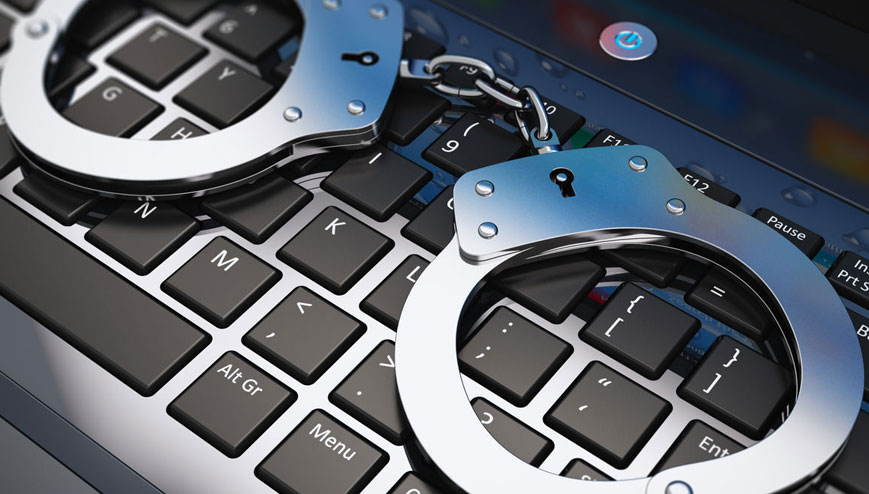Internet means the ‘international network.’ Internet works like the transport road system. Uganda is currently finalizing plans of constructing a joint railway connecting to Kenya, Tanzania and then Rwanda. The question is “who is going to police which section of the railway?”
When it comes a physical road, the boundaries are very clear. You are able to know where a given road starts and stops. Where the roads starts and ends, the laws of that country prevail. In that case, you can easily policy the road network. If an accident happens on a road section in a certain country, the traffic laws of that country apply. Not with cyber security.
When it comes to the Internet, it becomes very difficult for you to see where a boundary for a given browsing starts and stops. When a crime is committed to a Ugandan, where did it originate from? Probably in the US, or China. Which person exactly did it come from?
Until technology is so streamlined with very clear laws to remove for example the dark world, it becomes very difficult to police the Internet. This is why countries are focusing on investing in offensive and defensive security. By offensive, the country is able to clearly identify all the players within the country boundaries and give standards to comply with.
Can the Internet be policed?
When UCC passes a directive requiring all Ugandans to register sim card, it is trying to police the Internet. The communications body is able to know where the source of the problem came from; with the right skills and knowledge.
If every Ugandan having a simcard is allocated a unique fixed Internet protocol (IP) address, internet can be policed. But government has to task the Internet Service Providers to make sure they are able to profile which person was using the Internet at what time, which websites they visited. And back up such data for say five months.
The biggest challenge with this kind of policing is the issue of privacy. You don’t want to police something which threatens people’s way of life and freedom of expression. Because of that, the internet will take long to be policed.







